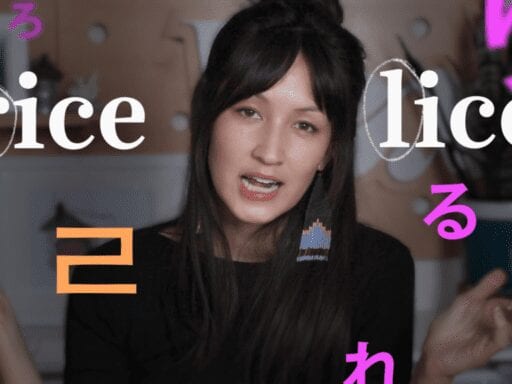A linguistic stereotype, explained.
One of the most persistent and well-studied foreign-accent features is a lack of L/R contrast among native Japanese speakers learning English. It’s so well-known that American soldiers in World War II were reportedly told to use code words like “lallapalooza” to distinguish Japanese spies from Chinese allies.
But American movies and TV shows have applied this linguistic stereotype to Korean and Chinese characters too, like Kim Jong Il in Team America: World Police, or Chinese restaurant employees singing “fa ra ra ra ra” in A Christmas Story. The accent feature has been a tool for racist portrayals of Asians in media, where white or Asian-American actors were directed to play Asian characters with a heavy, often inaccurate accent.
But a foreign accent is just a phonological hybrid of two languages, and by listening carefully, you can learn some interesting things about linguistics. In this episode of Vox Observatory, we take a look at Japanese, Korean, and Chinese languages and how each affects the pronunciation of Ls and Rs for English-language learners.
You can find this video and all of Vox’s videos on YouTube. And if you’re interested in supporting our video journalism, you can become a member of the Vox Video Lab on YouTube.
Author: Joss Fong
Read More



